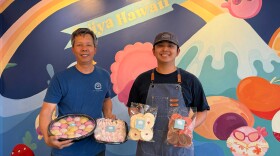The 1918 flu pandemic was one of the deadliest in recent history – killing 50 million people worldwide, including thousands here in Hawai?i. Kona historian Maile Melrose shared her family?s history with the pandemic and reflects on some of the lessons for a world caught in the grip of COVID-19.
Maile Melrose grew up in Kealakekua hearing stories from her mother about the 1918 flu pandemic, also known as the Spanish flu.
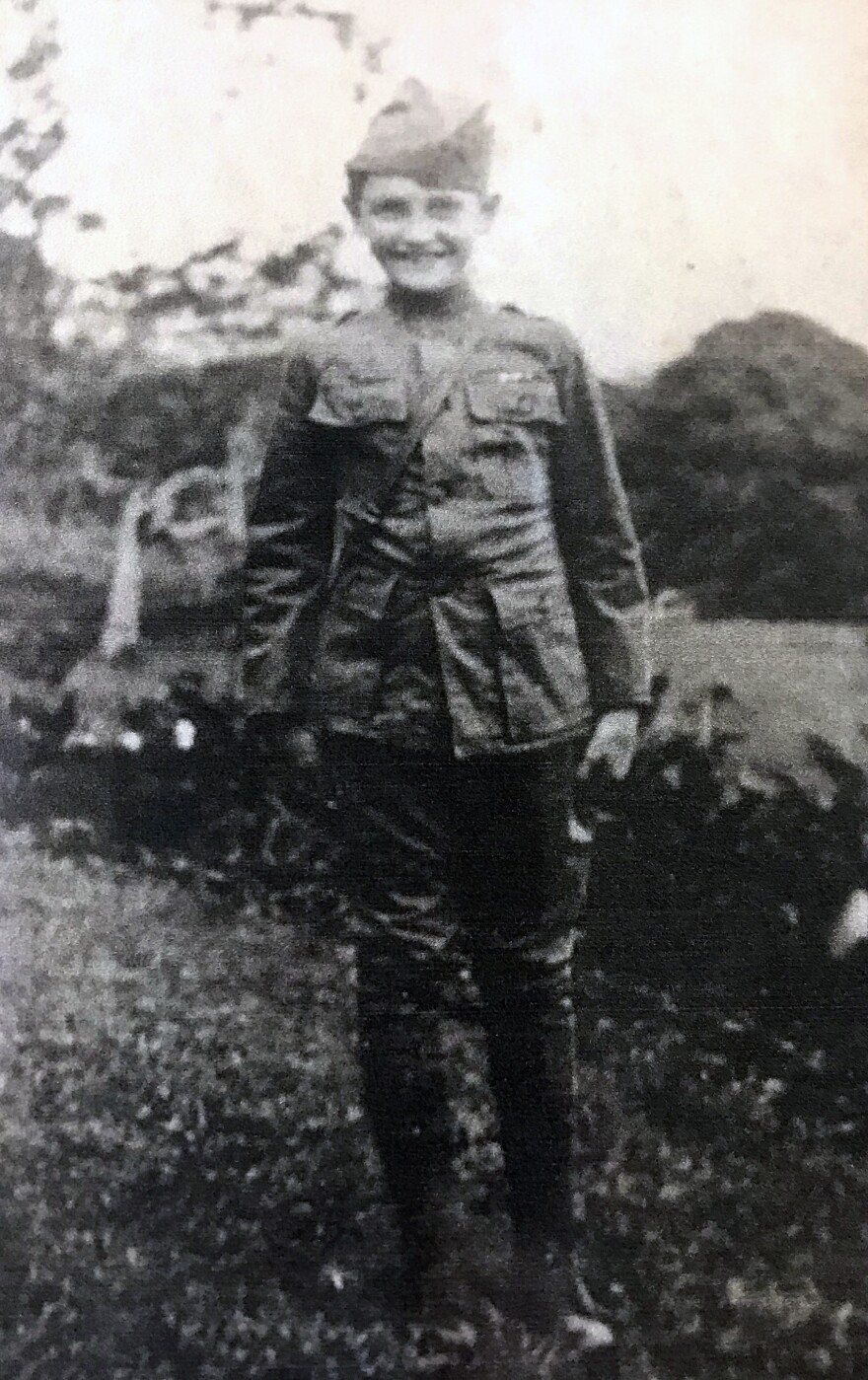
"My mother would always say, 'That's my brother Henry Alan Greenwell, and he died of the Spanish flu,'" says Melrose. "And all of us were like, 'The Spanish flu'? And then as you get older, you hear the word pandemic. The Spanish flu was a worldwide pandemic."
In the United States, the Spanish flu broke out on a military base in Kansas in March 1918 at the height of World War I. Melrose says most of Kona was focused on organizing support for the U.S. war effort.
"My grandmother, Maude Greenwell, was head of the Red Cross. She's rolling bandages with all these little women here in the store for soldiers," says Melrose. "Her eldest son, Henry, he's almost eleven years old. And he is filled with patriotic spirit. I gotta show you a picture. He has a little soldier's outfit. So cute. He's dressed up, I mean like a dough boy."
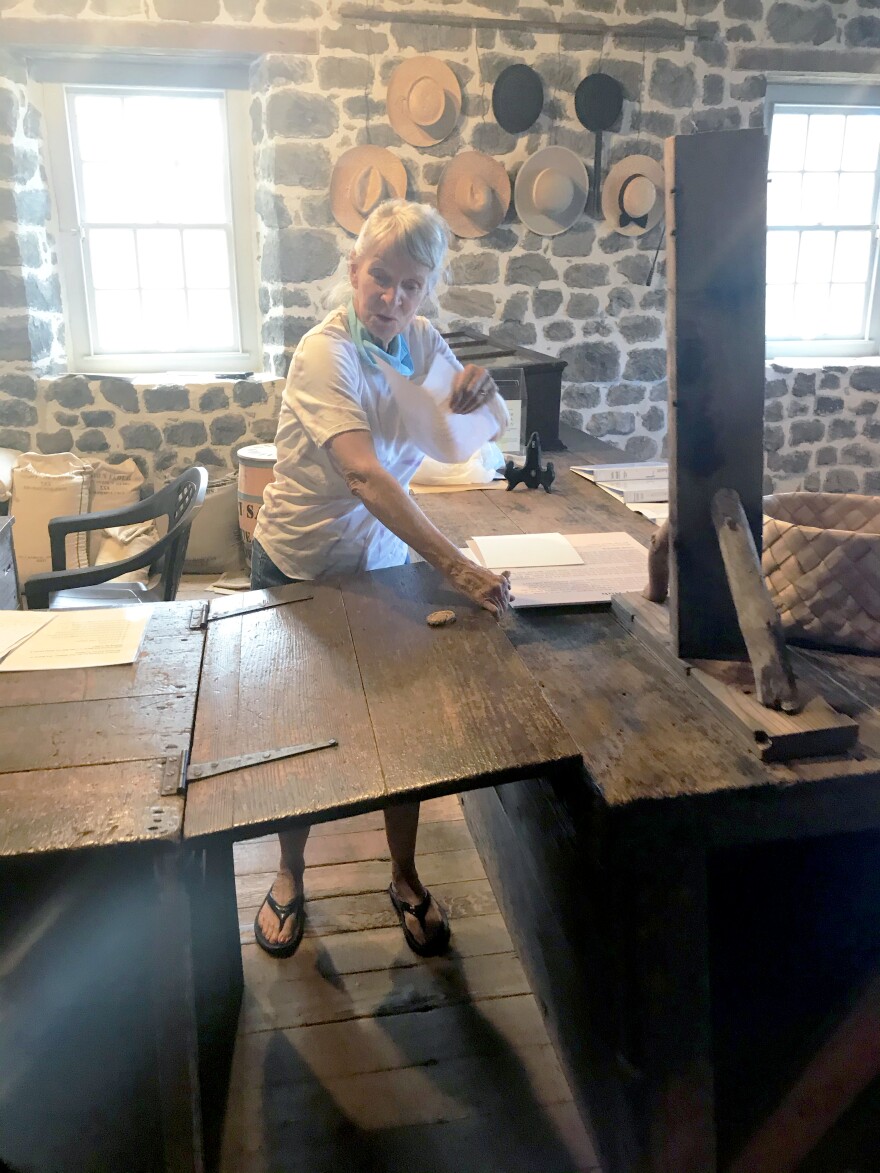
Within four months of the outbreak in Kansas, the pandemic made its way to Hawai?i. More than 2,300 people in Hawai?i died in the pandemic, including young Henry Alan Greenwell.
"Nobody had time to kind of absorb what was going on. You?d have to get your child and put him in a little casket," says Melrose. "And my grandmother is going to have to carry this memory."
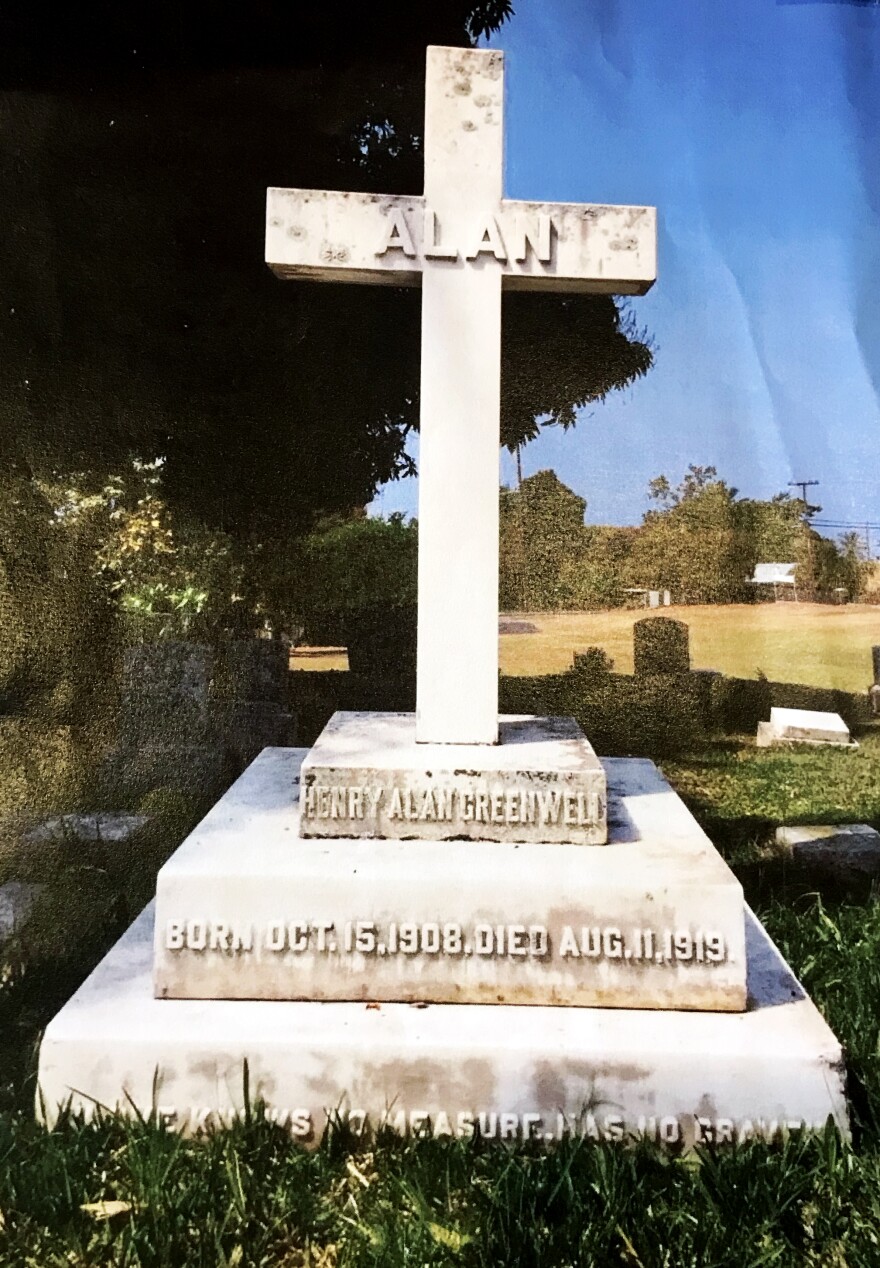
Fortunately for Maude Greenwell, she would be blessed with a healthy baby boy five months later – he too would be named Henry Alan Greenwell after his deceased brother. The pandemic continued to spread around the world for another two years.
Melrose has been sharing the rich history of Kona, including her family's, with audiences online during the COVID-19 pandemic.
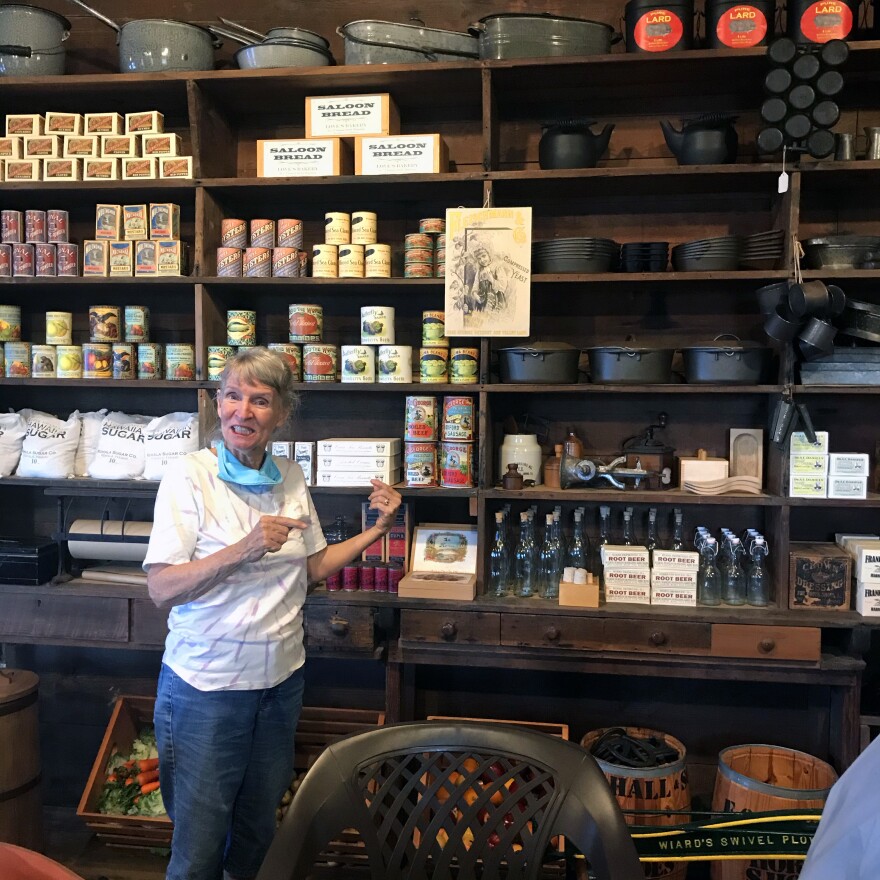
Dance Aoki, executive director of the Kona Historical Society, worked with Melrose to launch Mondays with Maile on the society?s YouTube channel.
"It was important for us to stay active as a cultural resource because we knew that our community needed stories," says Aoki.
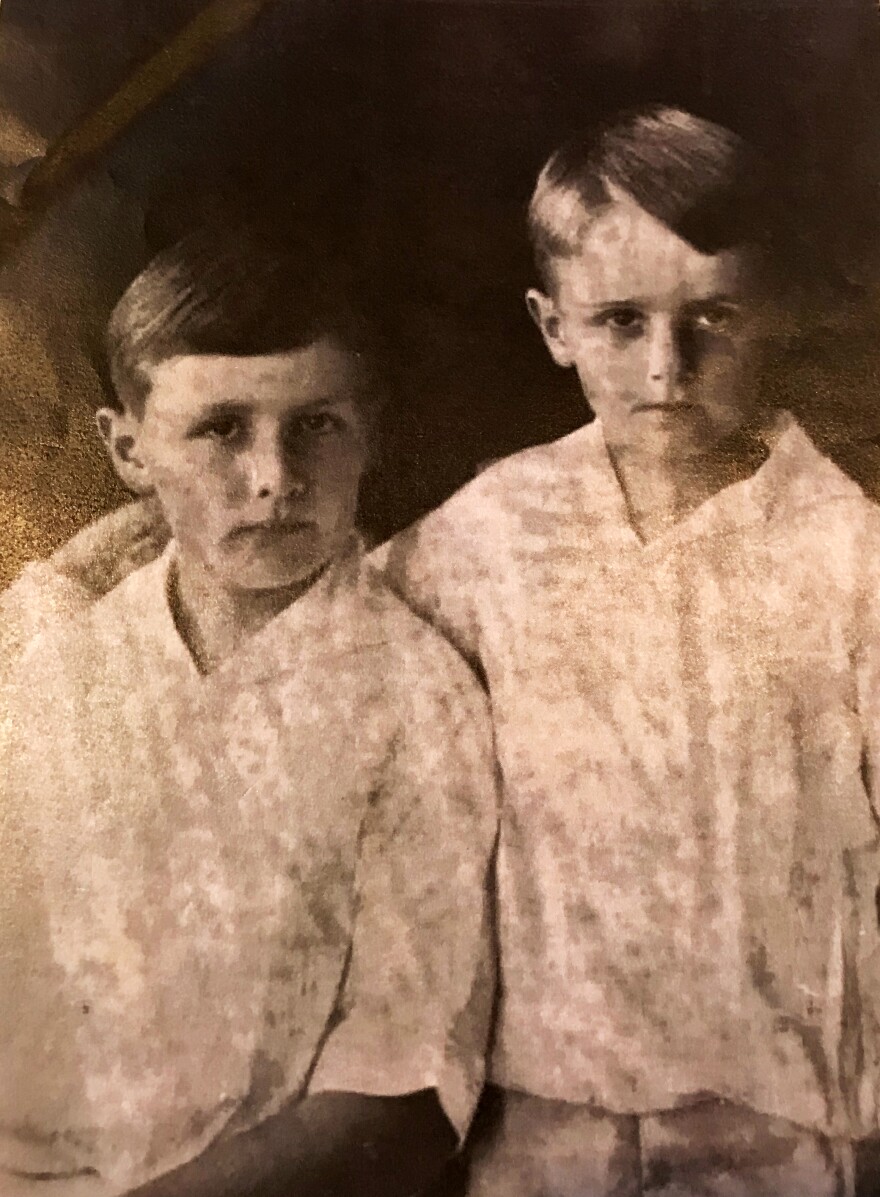
Aoki says the Kona Historical Society is working with Melrose to collect COVID-19 stories from ?ohana throughout the Kona region. Melrose says this is how these stories stay alive.
"I hope everybody's looking back 100 years ago thinking the Spanish flu and thinking, 'Oh, gosh, let's go back and read some of those stories. Let?s look it up,'" says Melrose. "And then let's think about our own lives and think about how we can tell our story right now."




